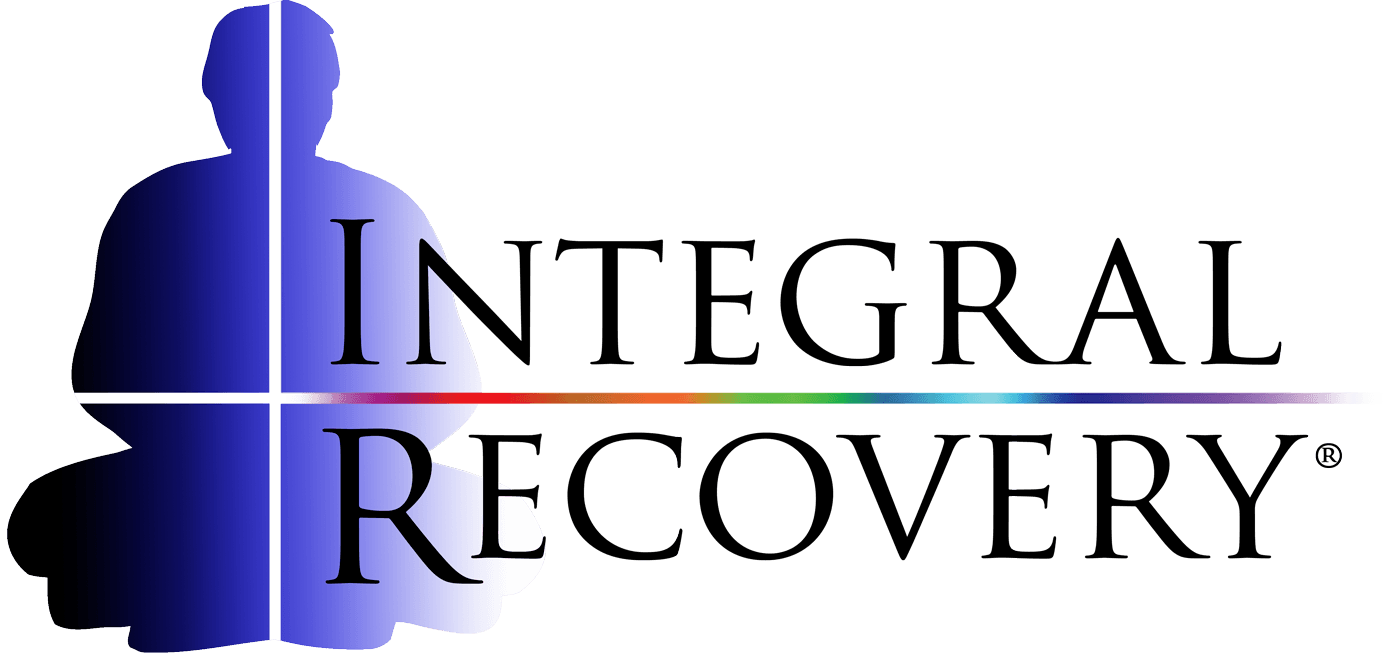Why Ethics is Central to Integral Recovery
“Being a cynic is so contemptibly easy… you don’t have to invest anything in your work. No effort, no pride, no compassion, no sense of excellence, nothing.”
– Molly Ivins
I’ve been struggling with the idea of adding Ethics as a fifth line of our Integral Recovery Practice. Not because I don’t think Integral Ethics is important—quite the contrary. But I wanted to develop a greater sense of how it could fit into our practice model. Then yesterday I was watching a video clip on IntegralNaked.org, in which Dr. Fred Kofman discussed Ethics as a fifth line. That served to kick me off the fence I’ve been sitting on. So here it is—the what, why, and how of ethics as an core part of Integral Recovery.
First of all, what is ethics? Simply defined for our purposes, ethics describes the moral reasons for why we do what we do. If we lived in an age when morality and ethical behavior were the norm, then this additional line would not be necessary. But that is not the case. We live in a time when cynicism reigns and hypocrisy roams the halls of power. Nowadays it seems that the most strident accusers on the political scene are often guilty of similar (or much worse) sins than the ones committed by those they angrily and self-righteously condemn. Those lining up to throw stones are the worst offenders.
If we could take a national psychograph of our collective cultural development, our ethics line would be low indeed. What this means for in terms of recovery is that not only does the progression of the disease of addiction destroy one’s ability to act ethically, but the recovering addict in our society must learn to function within a cultural context of low morals and growing cynicism.
So on the one hand, ethics is important to immunize ourselves against the soul-destroying negativity of our society. But it’s also crucial on an individual level, especially for someone in recovery, because unethical behavior is the mother of self-deception. It leads to rationalization and false justifications. You know you’re hurting yourself and others, but your brush it under the carpet of deceit. As Alcoholics Anonymous has long known and rightly taught, sobriety requires “rigorous honesty.”
When we lie and act unethically, the little unpleasant truths about ourselves split off from normal consciousness, becoming festering dragons in the basement of our unconscious, where they manifest as symptoms such as depression, self-hatred, hatred of others (through the process of projection), and cynicism. Our ethical compromises are often followed by a “screw it all” attitude. In the recovering addict, all of these symptoms create stress in the reptilian brain stem, which, as we know, reignites the powerful craving demands that lead to relapse and death.
I can’t assert this strongly enough. An ethical practice is essential for anyone who cares about their spiritual health and our collective evolution. But for the recovering addict it is a survival imperative: “do good or die!”
I think the above addresses the why and the what, but how does Integral Ethics become a practice we work with? A first step is to dedicate all your practices to the highest good that you can conceive. For instance, take a quiet moment before you start your next workout at the gym, and dedicate the session to the good of your family, God, your life goals, our entire human community, all sentient beings, or whatever is most true for you. My workouts definitely take on more focus, fierceness, and intensity when I do this. The same goes when you start your meditation, therapy, cognitive study, or emotional releasing work. Just take a moment to think about why you’re doing it. It’s not just for your own selfish pleasure, but for a greater good. This will help develop an ethical attitude that permeates your life.
I’m reminded of the medieval story of Parsifal and the Holy Grail (not Monty Python’s version, sorry). Parsifal lost the vision of the Grail when he didn’t ask the right question. He wandered around in a wasteland for many years till he found the castle again and asked the right question, namely: “Whom does the Grail serve?” The manuscript ends before he receives an answer, so we are left having to answer the question for ourselves.
Who does your recovery and Integral Life Practice serve? That is the question we must ask and remind ourselves of as we do our practices. Looking and feeling good is often not enough motivation to get me to the gym or sitting on my meditation cushion, but my sense of mission and personal responsibility are.
Another ethical practice is to deeply look into our ego structures and motivations. This is a profoundly worthwhile exercise and often leads into the heart of the matter. In the journey of deep introspection and self-examination, you encounter all of your dragons and sub-personalities—your deep desires, fears, and demons, as well as the angels of your higher and better nature.
Frequently, as the journey and practice deepen, we will access the ultimate ground of being: pure consciousness, the Witness, Godhead, Spirit, whatever you choose to call it. The more we do this work of self-awareness—of owning and releasing our “stuff”—the more quickly we will become healthy and balanced, reaching our highest potential, and much more capable of service in the world. The antidote to self-deception, hypocrisy, and relapse is rigorous self-examination, practice, and ethical awareness and behavior.
